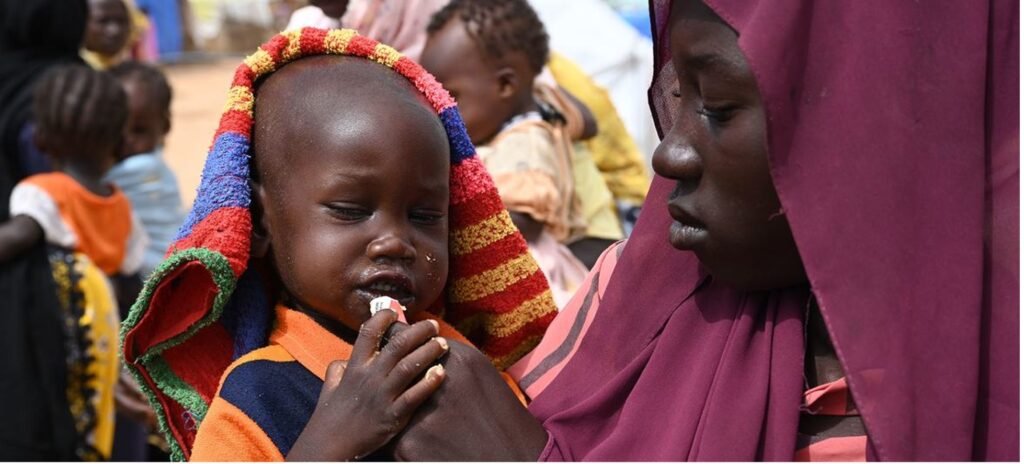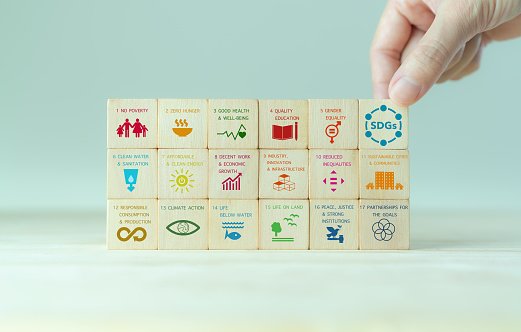South-South cooperation can help solve ‘complex development context’

© FAO / Giuseppe Carotenuto
Cooperation between the South and the South is essential to address the complex development issues that developing nations face. To address problems like climate change, food security, and economic instability, cooperation between these countries is crucial, according to Dima al-Khatib, Director of the UN Office for South-South Cooperation. Successful examples of South-South collaboration include programs to support energy transition in several nations, fight corruption in Lebanon, and enhance urban transportation management in China and Chile. To solve shared problems, these partnerships entail exchanging information, skills, and assets. Since they are change makers, youth are essential to South-South collaboration. Programs such as the UNESCO university network bring together youth from other nations, promoting education and cooperation. There’s a chance to reaffirm the importance of South-South cooperation and tackle urgent development issues at the upcoming Summit of the Future. Developing nations can significantly advance towards accomplishing the Sustainable Development Goals by cooperating and exchanging solutions.
Gender equality: Distant, yet achievable

© UNICEF/Frank Dejongh
Significant gender disparities still exist across all 17 Sustainable Development Goals, although advancements in some areas. Accelerated effort is required to achieve gender equality by 2030, as stated in the most recent Gender Snapshot report. Goal 5: Gender equality has not been fully reached, despite advancements in areas such as education, poverty reduction, and legislative reforms. The significant costs of discrimination based on gender, child marriage that still occurs, and gender imbalance in parliaments are some of the major gaps. The research highlights the pressing need for renewed commitment to narrowing the gender gap as well as international cooperation. Countries can profit economically and socially from investing in gender equality. World leaders have a critical chance to address this matter and pave the way for a more just future for everybody at the Summit of the Future.
‘Incalculable cost’ of conflict on the lives of children

© IOM/Antoine Lemonnier
In recent years, there has been a sharp rise in the number of attacks on schools and kids. Regarding the “incalculable cost” this has on children affected by violence worldwide, Secretary-General António Guterres has expressed profound concern. Research conducted in 2022–2023 by the Global Coalition for Protecting Education from Attacks found that thousands of people died as a result of over 6,000 attacks against students, instructors, and educational institutions. The worst-hit nations include the Democratic Republic of the Congo, Gaza, Sudan, Haiti, and Ukraine. A notable rise in serious crimes against children, such as murders, maimings, kidnappings, and sexual assaults, has coincided with the growth in armed conflict. The international community has been urged to reconfirm its commitment to shielding children from these horrors by Virginia Gamba, the UN Special Representative for Children and Armed Conflict. Since all children have a right to a proper education, it is imperative that schools and students be protected against attacks. Education is a fundamental human right. The International Day to Protect Education from Attack serves as a timely reminder of the significance of this problem and the necessity for prompt resolution.
Asia-Pacific nations commit to ‘visionary blueprint’ for inclusive digital world

ESCAP Photo
In closing the digital divide in Asia and the Pacific, the Astana Ministerial Declaration represents a major step. The declaration acknowledges the differences in digital access and usage and sets forward commitments to improve digital inclusion, foster trust, and resolve access discrepancies, especially for disadvantaged populations. To reduce poverty and achieve sustainable development goals, the declaration highlights the significance of digital technologies. To support these initiatives, it asks for greater collaboration between nations and international organizations in the form of capacity-building, technical aid, and policy analysis. The plan to open an Asia-Pacific Digital Transformation Report 2024 and to construct a Digital Solutions Centre in Kazakhstan are two of the declaration’s main features. The aforementioned activities are designed to foster responsible data usage, sustainable development, and digital innovation within the region.
References
https://news.un.org/en/story/2024/09/1154226
https://news.un.org/en/story/2024/09/1154376



